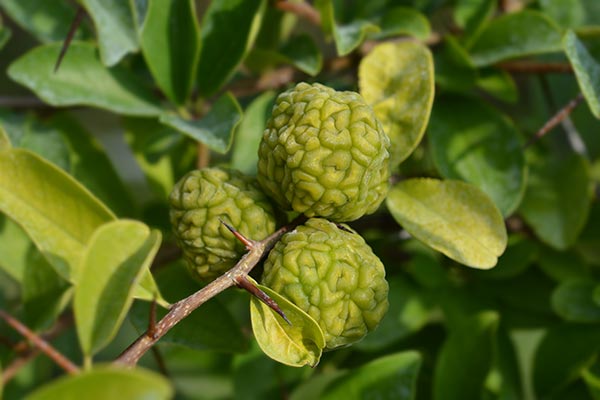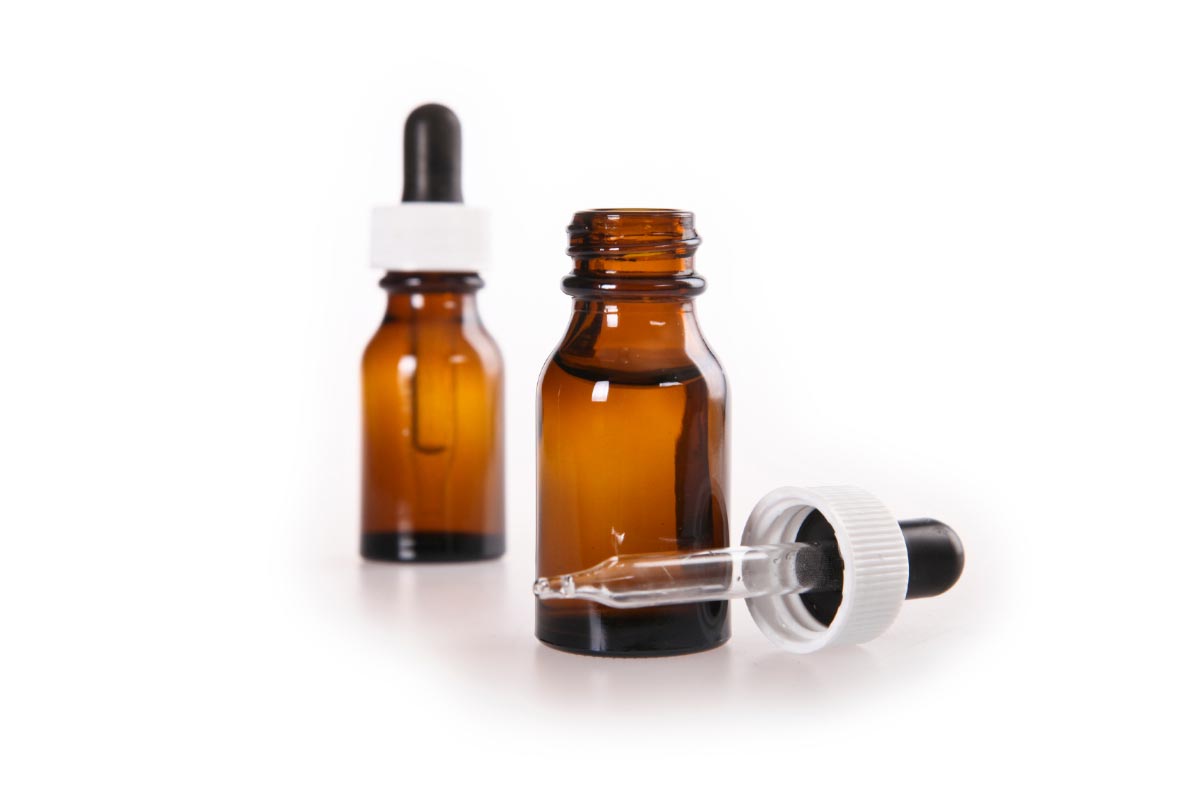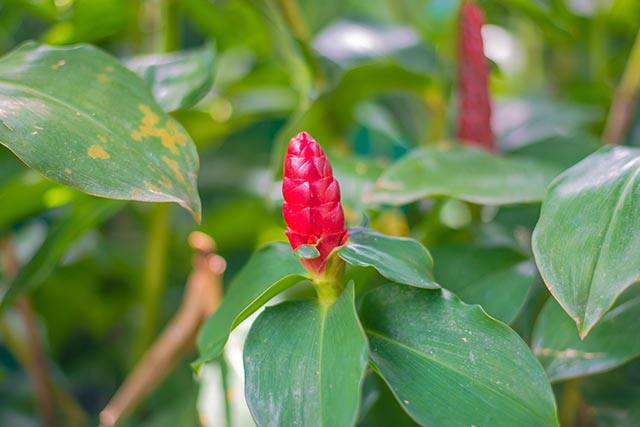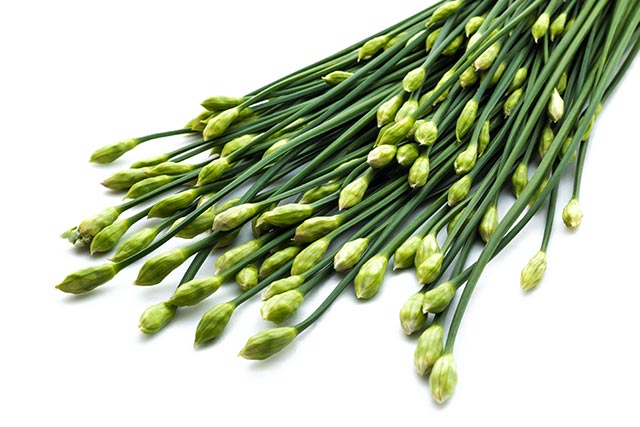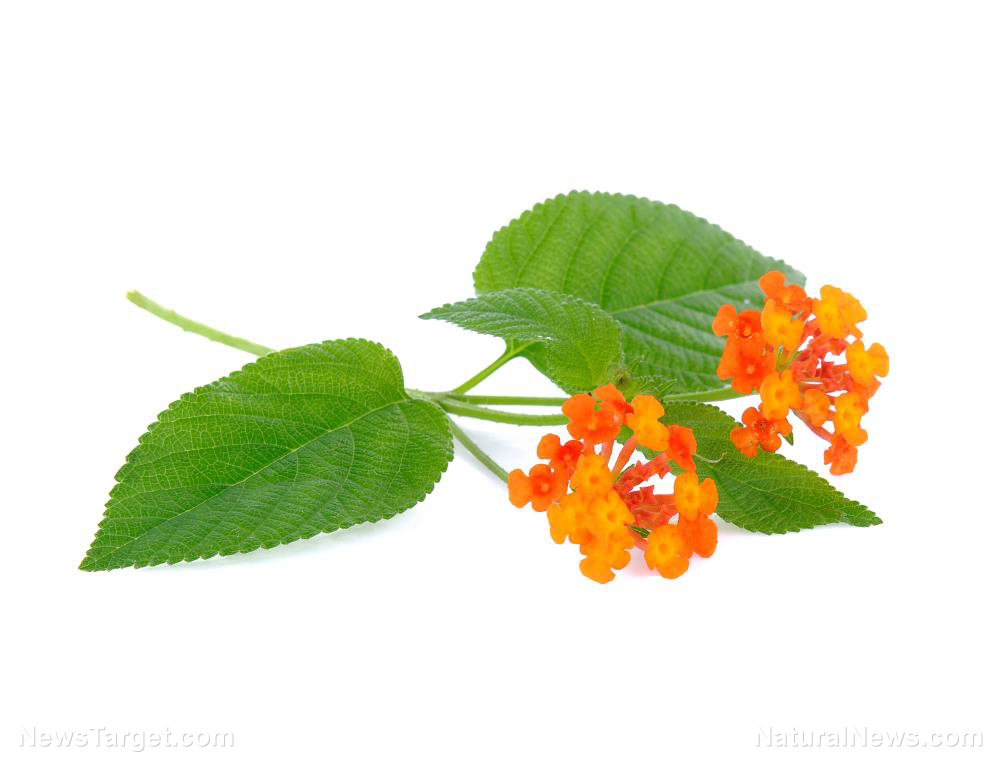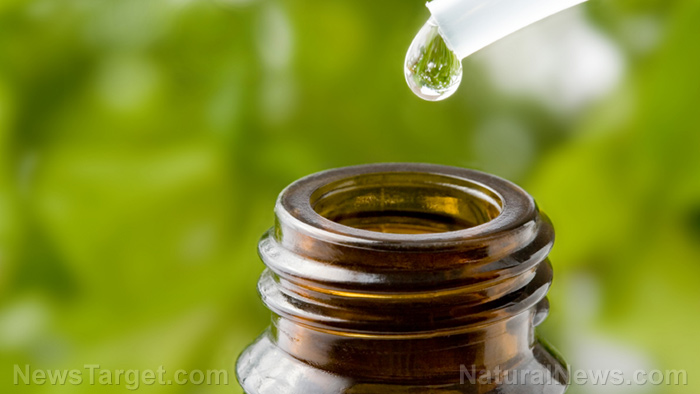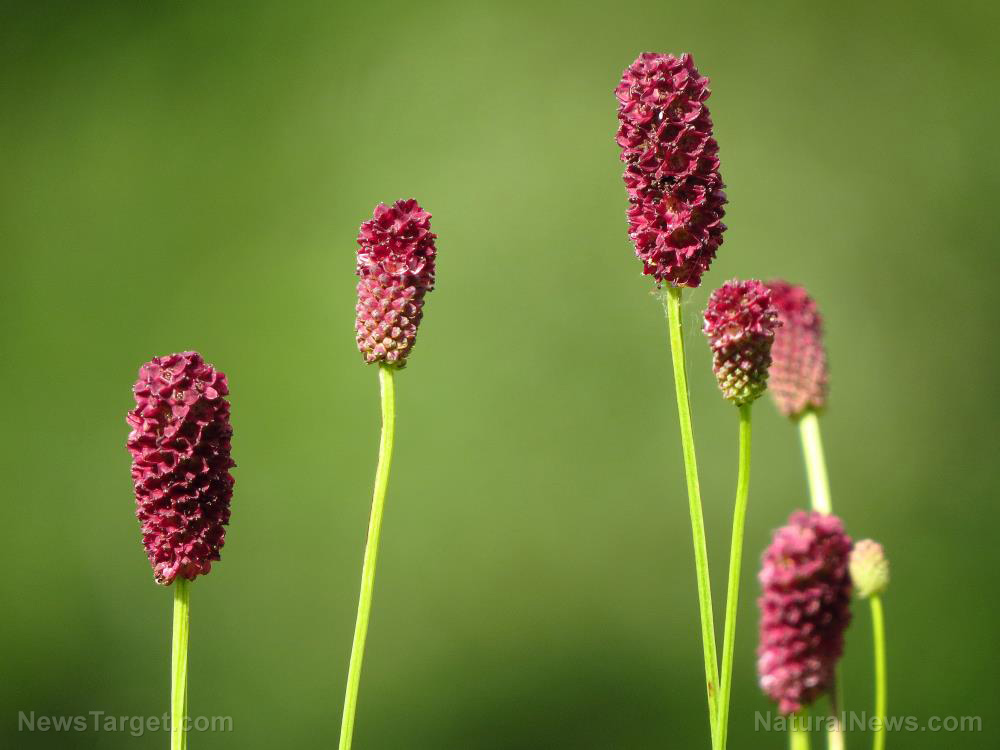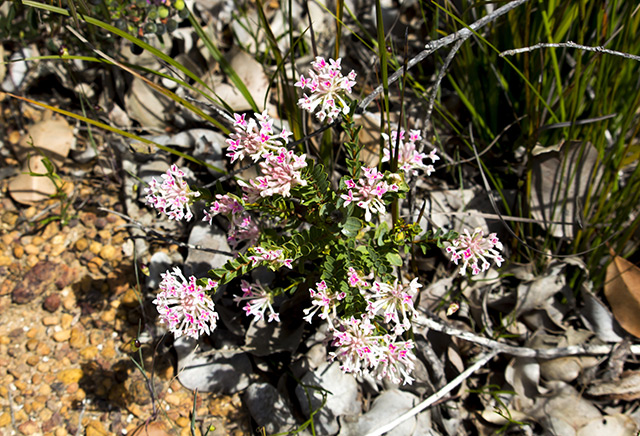Korean red ginseng has anti-inflammatory properties, researchers confirm
09/09/2019 / By Janine Acero
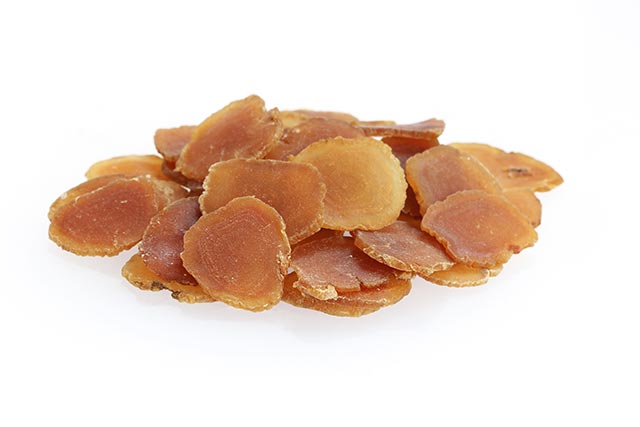
Korean researchers studied the anti-inflammatory properties of Panax ginseng C.A. Meyer, commonly known as Korean red ginseng, as a potential treatment for inflammatory symptoms of arthritis, gastritis, and hepatitis. They focused on ginsenoside, one of its major active ingredients, which exhibited anti-inflammatory and anticancer properties. Their findings were published in The American Journal of Chinese Medicine.
Korean red ginseng (KRG), prepared from P. ginseng C.A. Meyer (Araliaceae), is an herbal medicine used worldwide. The researchers aimed to identify the inhibitory saponins in KRG to evaluate their efficacy in vivo, and to understand the mechanisms that suppress inflammatory processes.
To do this, the researchers employed in vitro lipopolysaccharide-treated macrophages and in vivo inflammatory mouse conditions, such as collagen (type II)-induced arthritis (CIA), EtOH/HCl-induced gastritis, and lipopolysaccharide (LPS)/D-galactosamine (D-GalN)-triggered hepatitis. They also verified molecular mechanisms by real-time PCR, immunoblotting analysis, and reporter gene assays.
The researchers found that ginsenoside Rc (G-Rc) exhibited the highest inhibitory activity against the expression of tumor necrosis factor (TNF)-alpha, interleukin (IL)-1beta, and interferons (IFNs).
G-Rc also attenuated inflammatory symptoms in CIA, EtOH/HCl-mediated gastritis, and LPS/D-galactosamine (D-GalN)-triggered hepatitis without altering toxicological parameters, and without inducing gastric irritation.
These anti-inflammatory activities were accompanied by the suppression of TNF-alpha and IL-6 production and the induction of anti-inflammatory cytokine IL-10 in mice with CIA. G-Rc also lessened the levels of luciferase activity by IRF-3 and AP-1, but not NF-kappaB. Furthermore, G-Rc reduced TBK1, IRF-3, and ATF2 phosphorylation in the joint and liver tissues of mice with hepatitis.
Based on these results, the researchers concluded that G-Rc may be a significant anti-inflammatory component of KRG due to its suppression of IRF-3 and AP-1 pathways. This study could give further insight into the mechanisms by which plant compounds inhibit inflammatory processes.
More on ginseng
Ginseng is among the most popular and sought-after herbal medicines out there. Among the several varieties of these slow-growing plants with fleshy roots, American ginseng (P. quinquefolius) and Asian ginseng (P. ginseng) are extensively used in traditional medicine — known to boost energy, lower blood sugar and cholesterol levels, reduce stress, promote relaxation, treat diabetes, and manage sexual dysfunction in men.
Ginseng’s two active ingredients, ginsenosides and gintonin, complement each other to provide these medicinal benefits.
- Anti-cancer potential — Chronic inflammation can lead to all sorts of diseases, including cancer. Ginsenosides in ginseng are shown to effectively regulate inflammation, as well as provide antioxidant protection, which is another factor in decreasing the risk of certain kinds of cancer.
- Increased energy levels — Supplementing with Asian ginseng is known to relieve fatigue and improve energy levels. Studies link these benefits to the various natural compounds present in ginseng, such as polysaccharides and oligopeptides, which lower oxidative stress and promote higher energy production in cells.
- Better brain function — Ginsenosides and other components found in ginseng could help improve brain functions like memory, behavior and mood. These compounds are also found to protect the brain from free radical damage.
- Improved symptoms of erectile dysfunction — The antioxidant properties of ginseng protect against oxidative stress in blood vessels and tissues in the penis, which helps restore normal function. Studies also show that ginseng may promote the production of nitric oxide, which improves muscle relaxation in the penis and increases blood circulation.
- Lower blood sugar levels — Supplementing with ginseng is found to regulate blood glucose levels in people with or without diabetes.
Did you know that ginseng is also found to prevent obesity? Visit Herbs.news to learn more.
Sources include:
Tagged Under: alternative medicine, anti-inflammatory, arthritis, Asian ginseng, gastritis, ginsenosides, Hepatitis, herbal medicine, Herbs, inflammation, Korean red ginseng, liver damage, liver health, natural cures, natural medicine, Panax ginseng, remedies
RECENT NEWS & ARTICLES
Herbs.News is a fact-based public education website published by Herbs News Features, LLC.
All content copyright © 2018 by Herbs News Features, LLC.
Contact Us with Tips or Corrections
All trademarks, registered trademarks and servicemarks mentioned on this site are the property of their respective owners.


